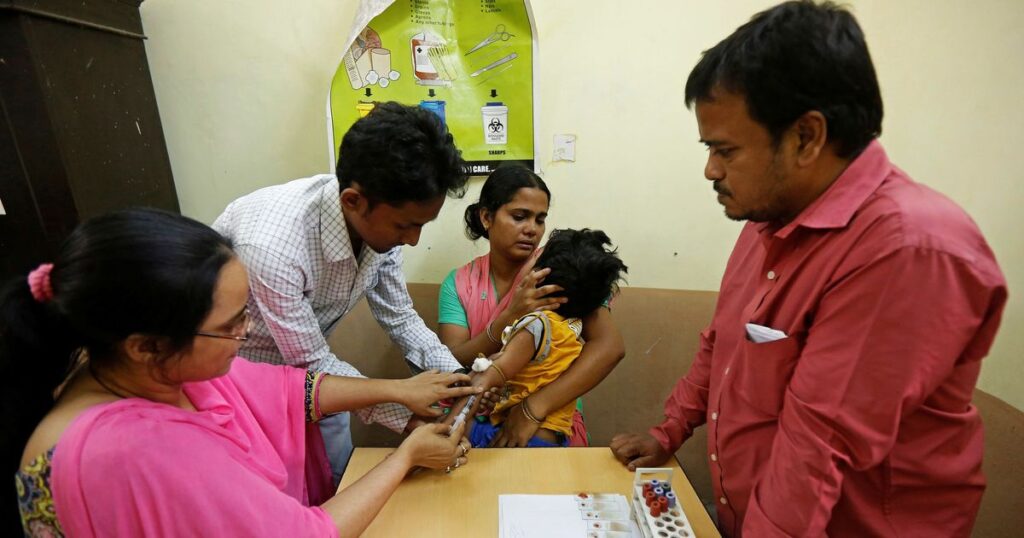Access to quality healthcare and overall well-being is essential for every child, regardless of their socio-economic background. However, underprivileged children often face numerous challenges in receiving adequate healthcare.
To address this issue, holistic approaches that encompass physical, mental, and social well-being are crucial. In this blog of Fikrah, we will explore the significance of holistic approaches in empowering underprivileged children and ensuring their overall health and well-being.
1. Comprehensive Healthcare Services:
Holistic approaches to healthcare for underprivileged children involve providing comprehensive services that address their physical health needs. This includes regular medical check-ups, vaccinations, and access to essential healthcare facilities.
Regular screenings and preventive care measures can detect health issues early, enabling timely interventions and treatment. Furthermore, ensuring access to essential medications and treatments is crucial for managing chronic conditions and promoting optimal health outcomes.
2. Mental Health and Emotional Support:
Promoting mental health and emotional well-being is an integral aspect of holistic healthcare for underprivileged children. Economic challenges, trauma, and adverse living conditions can significantly impact their mental health.
Providing access to counseling services, mental health assessments, and support groups helps address emotional issues and promotes resilience. Creating safe spaces where children can express their emotions, learn coping skills, and receive guidance is essential for their overall well-being.
3. Nutritional Support and Healthy Lifestyle:
Underprivileged children often face nutritional deficiencies, leading to various health concerns. Holistic approaches involve ensuring access to nutritious meals and promoting healthy lifestyle choices.
Collaborating with community organizations, schools, and government initiatives can establish nutrition programs, awareness campaigns, and skill-building workshops on healthy cooking and eating habits. Empowering children with knowledge about nutrition and providing them with healthy food options positively impacts their physical growth, cognitive development, and overall health.
4. Education and Life Skills Training:
Education plays a vital role in empowering underprivileged children and breaking the cycle of poverty. Holistic approaches include providing educational opportunities, promoting literacy, and life skills training.
Quality education equips children with the knowledge and skills necessary for personal growth, future employment, and self-sufficiency. Integrating health education within the curriculum can foster awareness about hygiene, disease prevention, and healthy habits, ensuring a holistic approach to well-being.
Conclusion:
Empowering underprivileged children requires a holistic approach that encompasses healthcare and well-being. By focusing on comprehensive healthcare services, mental health support, nutrition, education, and life skills training, we can provide these children with a foundation for a healthier and brighter future.
Investing in holistic approaches to underprivileged children’s healthcare and well-being not only transforms individual lives but also contributes to building stronger, more equitable communities. If you want to support this cause, do visit our website Fikrah!
Click here to know more about “10 NGOs which have revolutionized healthcare in India”

